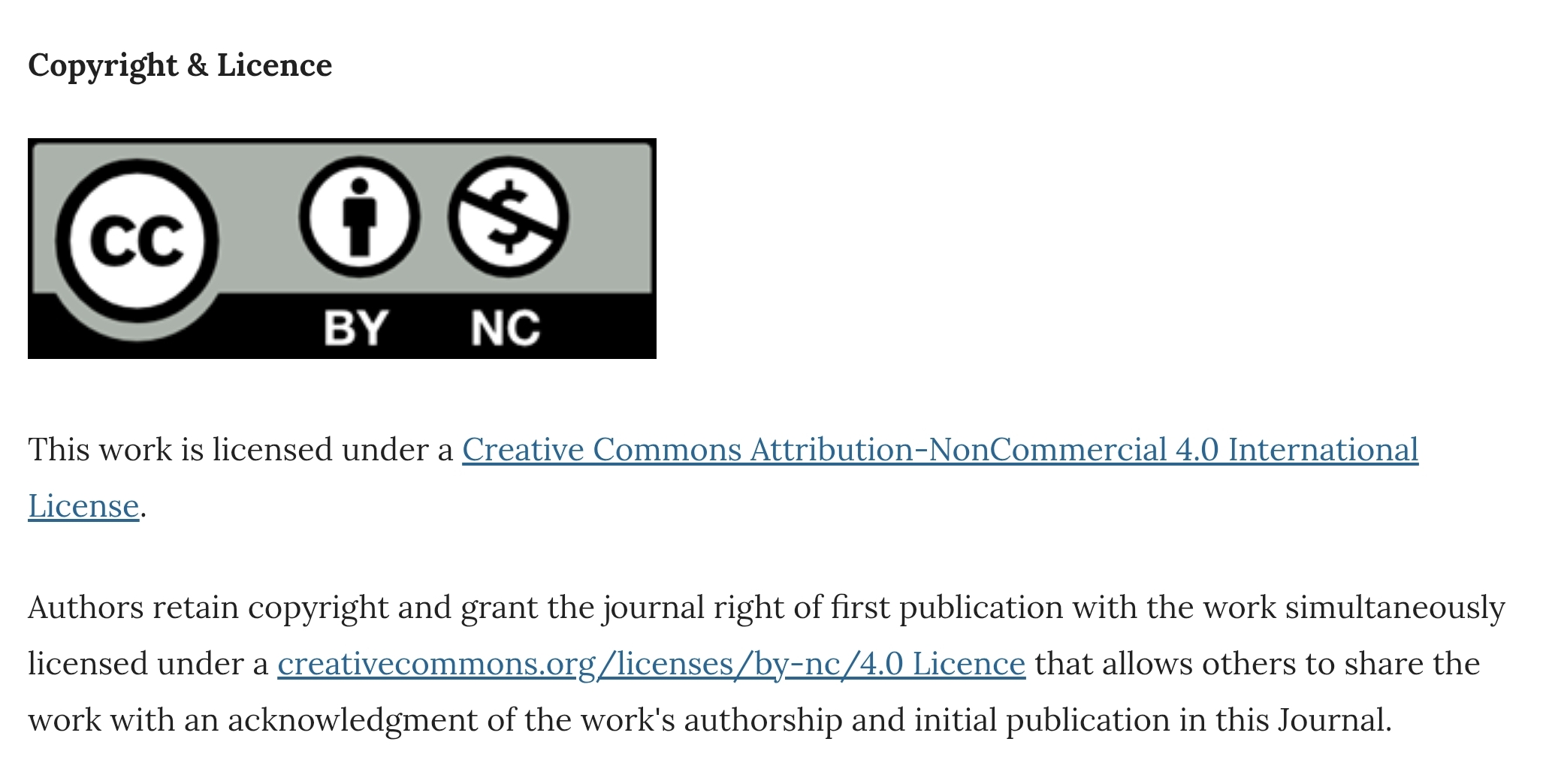Case report and case series
DOI:
https://doi.org/10.30834/KJP.33.1.2020.197Keywords:
case report, case series, descriptive studies, epidemiologyAbstract
Case reports/series are the basic types of descriptive epidemiologic studies. The distinction between case reports and case series on the one hand, and case series and descriptive/analytic epidemiologic studies, on the other hand, is not sharp. History of medicine has demonstrated how case reports/series had generated or furthered medical knowledge in many situations. External validity and novelty are the key advantages of these studies. They act as ‘screening studies’ for deductive epidemiological research. Case reports/series are fraught with biases and lack of strength of evidence to inform clinical decision making. To generate evidence-based information, authors of case reports/series should give attention to the guidelines for maintaining of methodological rigour.
Downloads
References
Grimes DA, Schulz KF. Descriptive studies: What they can and cannot do. Lancet. 2002;359:145–9.
Murad MH, Sultan S, Haffar S, Bazerbachi F. Methodological quality and synthesis of case series and case reports. Evid Based Med. 2018;23(2):60–3.
Abu-Zidan FM, Abbas AK, Hefny AF. Clinical “case seriesâ€: A concept analysis. Afr Health Sci. 2012;12(4):557–62.
Porta M, editor. A dictionary of epidemiology / edited for the International Epidemiological Association. 6th edition. UK: Oxford University Press; 2014.p 37
Hoffman JR. Rethinking case reports. The Western journal of medicine. 1999. ;170:253-4
Vandenbroucke JP. In defense of case reports and case series. Ann Intern Med. 2001 Feb;134(4):330–4.
Herrick JB. Peculiar elongated and sickle-shaped red blood corpuscles in a case of severe anemia. 1910. Yale J Biol Med. 2001;74(3):179–84.
Jordan WM, Anand JK. Pulmonary Embolism. Vol. 278, The Lancet. 1961. p. 1146–7.
Kooistra B, Dijkman B, Einhorn TA, Bhandari M. How to design a good case series. J Bone Joint Surg Am. 2009 May;91 Suppl 3:21–6.
Gottlieb MS, Schroff R, Schanker HM, Weisman JD, Fan PT, Wolf RA, et al. Pneumocystis carinii pneumonia and mucosal candidiasis in previously healthy homosexual men: evidence of a new acquired cellular immunodeficiency. N Engl J Med. 1981 Dec;305(24):1425–31.
Cade JF. Lithium salts in the treatment of psychotic excitement. Med J Aust. 1949;2(10):349–52.
Guidelines To Writing A Clinical Case Report. Heart Views. 2017;18(3):104–5.
Nissen T, Wynn R. The clinical case report: a review of its merits and limitations. BMC Res Notes [Internet]. 2014 Apr 23;7:264. Available from: https://pubmed.ncbi.nlm.nih.gov/24758689
Crowe S, Cresswell K, Robertson A, Huby G, Avery A, Sheikh A. The case study approach. BMC Med Res Methodol [Internet]. 2011;11(1):100. Available from: https://doi.org/10.1186/1471-2288-11-100
Gagnier JJ, Kienle G, Altman DG, Moher D, Sox H, Riley D, et al. The CARE guidelines: consensus-based clinical case reporting guideline development. J Med Case Rep [Internet]. 2013;7(1):223. Available from: https://doi.org/10.1186/1752-1947-7-223
Downloads
Published
How to Cite
Issue
Section
License
Copyright (c) 2020 Kerala Journal of Psychiatry

This work is licensed under a Creative Commons Attribution-NonCommercial 4.0 International License.












